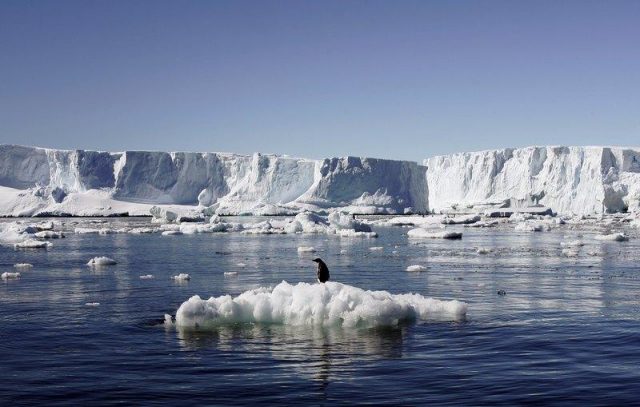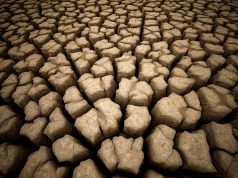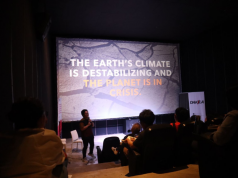
WASHINGTON | Antarctica is getting greener as a result of climate change, scientists said Thursday.
In a study published in the U.S. journal Current Biology, researchers reported that plant life on Antarctica, especially moss, is growing rapidly, in the last 50 years.
Plant life only exists on about 0.3 percent of Antarctica, but the new findings suggested “major changes in the biology and landscape of this iconic region” under future warming, according to the study.
“In short, we could see Antarctic greening to parallel well-established observations in the Arctic,” Professor Dan Charman of the University of Exeter, who led the research project, said in a statement.
The Antarctic Peninsula is known to have been one of the most rapidly warming regions on Earth. Annual temperatures there have crept up about 0.5 degrees Celsius each decade since the 1950s.
The researchers realized they could learn a lot about how rising temperatures have affected the ecology of the Peninsula by studying core samples taken from moss banks, which are well preserved in Antarctica’s cold conditions.
In the new study, they looked at five moss bank cores at three sites from an area spanning about 400 miles (644 kilometers).
Those sites include three Antarctic islands — Elephant Island, Ardley Island, and Green Island — where the deepest and oldest moss banks grow.
The scientists analyzed data for the last 150 years, and found clear evidence of “changepoints” — points in time after which biological activity clearly increased — in the past half century.
“Temperature increases over roughly the past half century on the Antarctic Peninsula have had a dramatic effect on moss banks growing in the region,” said lead author Matt Amesbury of the University of Exeter.
“If this continues, and with increasing amounts of ice-free land from continued glacier retreat, the Antarctic Peninsula will be a much greener place in the future.”
The researchers said they’ll continue to examine core records dating back over thousands of years to test how much climate change affected ecosystems before human activity started causing global warming.









